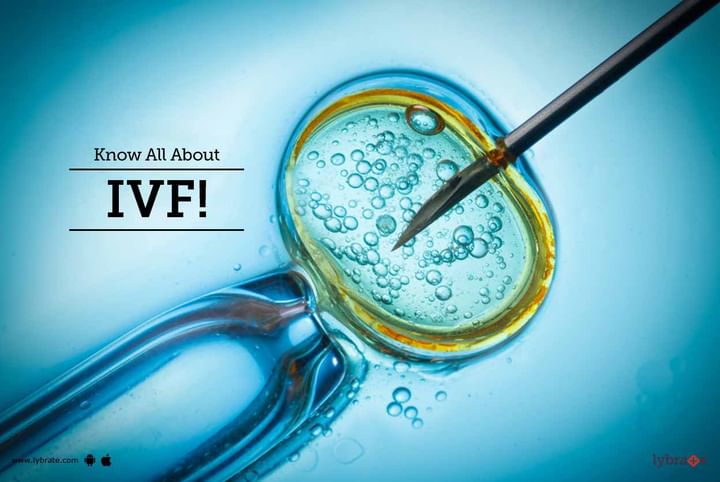Know All About IVF!
In vitro fertilisation, commonly known as IVF, is the process of fertilising single or multiple eggs outside the body. This treatment can be performed by either using your own egg and sperm or using donated egg or sperm or sometimes both. The resulting sperms and eggs are evaluated for quality and then one or more of them are positioned properly in the uterus through the cervix. IVF is regarded as one of the most commonly opted treatment plans, and it accounts for more than 99% of assisted reproductive technology processes.
Who are suitable for IVF?
IVF can be helpful for you in case you have some issues with the egg quality or ovulation, fallopian tubes that are blocked in some way or endometriosis. It can also help you to get pregnant if your partner has problems with mortality and sperm count and when you have opted for donor eggs. About 1.5% of babies in the United States are conceived through the IVF process.
How does IVF work?
There are several steps through which IVF process works and the timeline follows the following steps:
- Stimulation for ovary: You will have to take hormonal injections near the start of your menstruation cycle. These injections aid in the stimulation of your ovaries for developing multiple mature eggs to fertilise instead of a single one. You may also need to take an artificial hormone-like cetrofelix and leuprolide for keeping your body from releasing eggs very early.
- Development of follicle: When you are under all these medications, you will have to visit your doctor’s office often for checking the hormone levels as well as ultrasound measurements for the ovaries.
- Getting the trigger shot: Once the follicles are ready, you are likely to receive a trigger shot, which is an injection causing the eggs for maturing fully and becoming capable of being fertilised. Your eggs are ready for being retrieved after about 36 hours of receiving this shot.
- Gathering the eggs: It is the procedure under anaesthesia where a needle is inserted through vagina to collect the eggs formed as a result of stimulation and number varies depending upon the ovarian reserve.
- Fertlisation: This is the most vital step, where an embryologist is going to examine the eggs before they are combined with the sperm and incubated overnight. Fertilisation happens at this particular time, but abnormal eggs are not fertilised.
Then the embryos slowly develop and are planted on the basis of your age and clinical condition. When the treatment is working, an embryo is implanted in the uterine walls and starts developing.



+1.svg)
